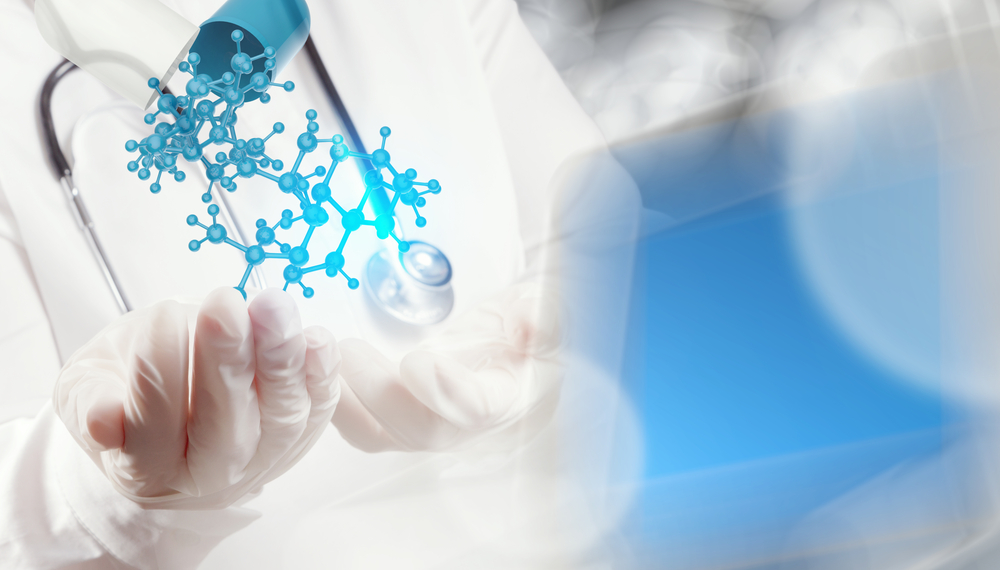Reviva Presents Positive Results on RP5063 for Pulmonary Arterial Hypertension at ATS 2016
Written by |

Reviva Pharmaceuticals, Inc. recently presented positive preclinical efficacy results for RP5063 in pulmonary arterial hypertension (PAH) at the American Thoracic Society (ATS) 2016 International Conference, held in San Francisco from May 13-18.
RP5063 is a novel atypical antipsychotic drug with a relatively unique pharmacology and a novel target for treating PAH. Its principal action is potent dopamine-serotonin stabilization, the result of partial agonist properties on specific dopamine (DA) and serotonin (5-HT) receptors, and antagonist activity on certain 5-HT receptors.
The data showed that in a monocrotaline (MCT) and a sugen-hypoxia (SuHx) induced PAH rat model, RP5063 demonstrated encouraging efficacy in the treatment of PAH. More specifically, the researchers found that RP5063 reduced the mean pulmonary arterial pressure and respiratory resistance, and brought the blood oxygen level to normal. Treatment with RP5063 also reduced pulmonary arterial vessels wall thickness and muscular tissue in the rat models.
“RP5063 novel mechanism of action and demonstrated preclinical proof-of-concept for PAH with functional and structural benefits are very encouraging,” stated Laxminarayan Bhat, PhD, Founder and Chief Executive Officer of Reviva Pharmaceuticals in a recent press release. “We would like to pursue an Orphan Drug designation for RP5063 with the FDA for the treatment PAH.”
Furthermore, RP5063 may also have a beneficial effect concerning mental disorders. “[A] significant number of PAH patients also suffer from mental disorders such as psychosis, depression and anxiety.” explained Marc Cantillon, MD, Reviva’s Chief Medical Officer. “RP5063’s receptor binding profile has the potential to treat both PAH and any comorbid mental disorders which will make RP5063 especially beneficial in these patient populations.”
PAH is a form of pulmonary hypertension caused by the abnormal functioning of pulmonary arteries, which carry blood from the heart to the lungs. It is a serious and life-threatening disease that affects around 15 to 20 thousand people in the U.S. Currently, there is no cure for PAH and the available treatment options are meant to reduce the heart’s workload by allowing blood to flow more easily through the pulmonary arteries. These treatments relax the muscles and reduce abnormal cell growth in blood vessels, prevent blood clots in the lungs, reduce constriction in the pulmonary arteries, reduce shortness of breath, reduce the volume of blood the heart must pump, or help it pump more forcefully.



